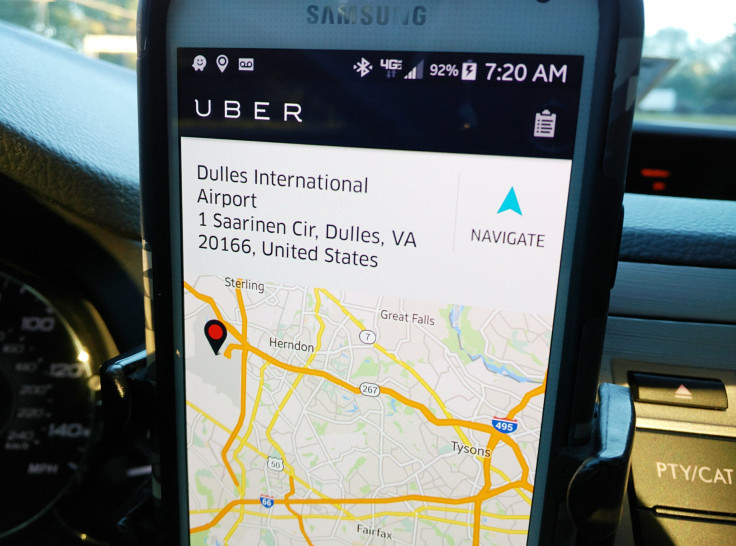Companies hinder Uber from world domination

Uber, the $50 billion online taxi-hailing startup that aims for world domination, is facing a formidable competition against big companies in the niche. To date, the service is already in 327 cities in North, Central and South America, Europe, Middle East, Africa, and Asia Pacific, marking an exponential expansion alarming to its competitors.
Its closest competitors are already making a move, despite lack of outright declaration. For instance, one of Uber’s rivals, Lyft, had reportedly received an investment via Didi Kuaidi. However, for now, Lyft spokesperson Paige Thelen and Didi Kuaidi representatives have only stated that the company does not respond to speculations or have not responded to comment requests, Mashable reported.
Didi Kuaidi is itself formed between the alliance of two competitors. Didi Dache, a big taxi service backed by Chinese giant Tencent merged with Kuaidi Dache which is its ferocious competitor Kuaidi, backed by another Chinese e-commerce giant Alibaba. Previously this year, the two giant companies have financed Lyft, a giant US ride-hailing company, putting Uber in hot waters in its homeland.
In other parts of the world, Uber and its CEO Travis Kalanick, are facing rooted private competition on a degree it hasn't anticipated. In India, Uber’s entry forced large incumbents TaxiForSure and Ola Cabs to welcome the foreign competitor by merging in March. The two local taxi firms accumulated 80% of market share, raising another $400 million from SoftBank and Tiger Global allies.
Similarly, Uber will have to face stiff rivalry with GrabTaxi, a three-year old ride-hailing firm which launched in Malaysia. The latter now operates across five nearby countries including Thailand, Singapore, Philippines, Indonesia and Vietnam.
In Latin America, Easy Taxi’s 32-year-old co-CEO Dennis Wang, wishes Uber luck at engaging price competition, reported Forbes Tech . Taxis in the said country are numerous and readily accessible at very cheap rates. Easy Taxi a Brazilian company founded in 2011, is now up to six million rides a month, with 400,000 drivers in 30 countries. In South East Asia, the company pioneered fare-haggling, which mirrors Uber’s surge pricing.
In China, Uber is trailing far behind its giant competitor. But with a growing middle class eager to embrace the best consumer tech, Uber clearly believes it still has a fighting chance. With another billion dollars to spend, it’s not giving up China easily.
What is Uber? (Credit:YouTube/Mashable)
Contact the writer at feedback@ibtimes.com.au or let us know what you think below.






